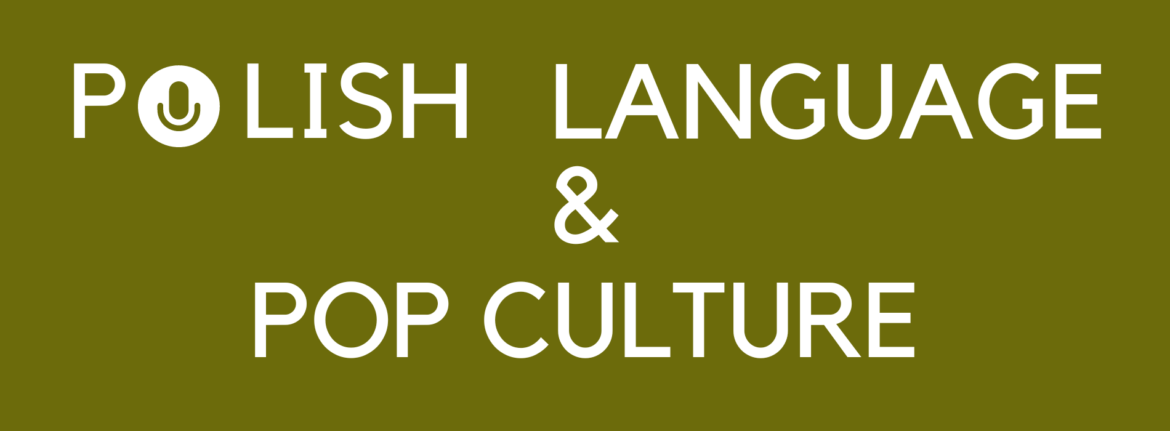The Polish language, with its rich history and unique characteristics, has left an indelible mark on global pop culture. From music and film to literature and beyond, the influence of Polish can be seen and heard around the world. This article will explore how the Polish language has permeated pop culture and why it continues to captivate audiences globally.
The Polish language, a West Slavic language of the Lechitic group, is primarily spoken in Poland and serves as the native language of the Poles. It is also used by the Polish diaspora, with over 50 million Polish speakers worldwide. Its unique phonetic and grammatical structures, coupled with its rich cultural history, have made it a fascinating subject of study and a source of inspiration in various forms of media.
In the realm of music, Polish artists have gained international recognition, often incorporating Polish lyrics into their songs. This not only showcases the language but also introduces international audiences to Polish culture and history. Similarly, in film and television, Polish directors and actors have made significant contributions, with Polish language films gaining critical acclaim and popularity.
Literature is another area where the Polish language has made a significant impact. Polish authors, both contemporary and historical, have contributed to the global literary scene with works that are often translated into multiple languages, allowing the beauty and complexity of the Polish language to reach a wider audience.
The influence of the Polish language in pop culture is a testament to the global appreciation of linguistic and cultural diversity. As we continue to consume and enjoy various forms of media, the presence of Polish serves as a reminder of the language’s historical significance and its ongoing relevance in today’s interconnected world.
Here are some thought-provoking insights and questions:
1. The Power of Language in Music: How does the incorporation of Polish lyrics in music contribute to the global recognition of the language? How does it influence the listener’s perception of Polish culture?
2. Polish Cinema on the Global Stage: How has the use of the Polish language in films contributed to the global success of Polish cinema? How does it affect international audiences’ understanding and appreciation of Polish storytelling?
3. Literature as a Language Ambassador: How have Polish authors used their native language to convey unique narratives and perspectives? How does the translation of these works into other languages impact the reception and interpretation of these stories?
